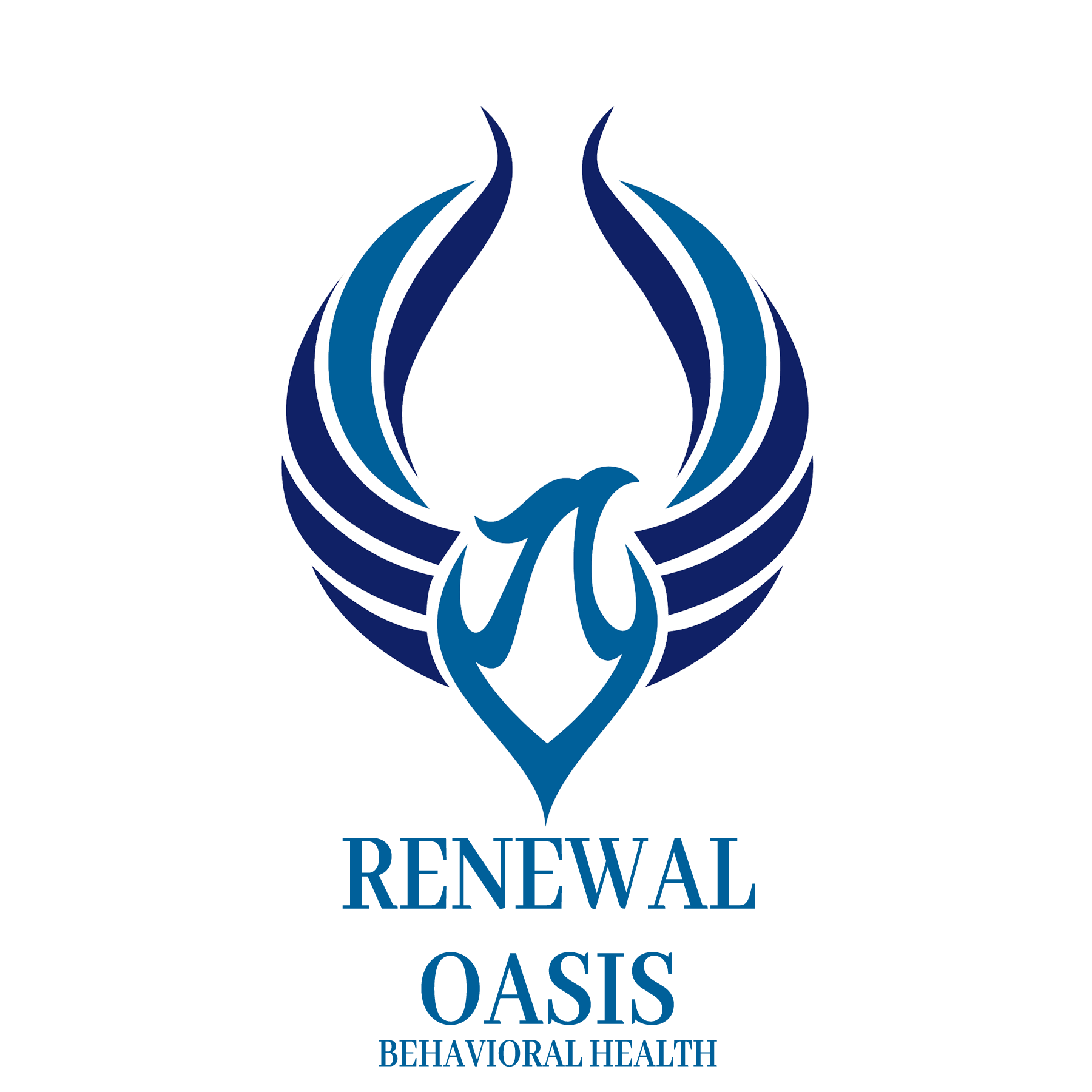When someone has histrionic personality disorder, they behave in ways that often baffle and annoy those close to them. Do you know someone whose friends or family members refer to as a “drama llama” because they try desperately to keep the spotlight on themselves? If they do that and behave irrationally, they may suffer from histrionic personality disorder.
Renewal Oasis employs a highly skilled staff of mental health experts who know how to treat personality disorders. They use compassion and their years of experience to help people begin to see themselves through a different lens. This helps them reduce their urges to act dramatically and learn to develop healthy self-esteem.
What Is Histrionic Personality Disorder?
Histrionic personality disorder is a mental health disorder that causes people to behave in unstable ways. They often have mood swings and a distorted self-image and act in a way designed to make them the center of attention. Notably, people with a histrionic personality disorder do not develop healthy self-esteem on their own. Instead of living in a way that makes them proud of who they are and how they act, they rely on others to make them feel good.
Their flair for the dramatics is an attempt to draw attention to themselves with the hope that part of the reward will be that they can raise their self-esteem. When their behavior is pointed out, they usually reject how others think of them because they don’t realize their behavior is often negative and attention-seeking.
The Symptoms of Histrionic Personality Disorder
It can prove hard to determine if someone is just being difficult or overly dramatic or if they have a histrionic personality disorder. Symptoms to look out for include:
- Quick mood swings
- Often acting dramatically, including with the person’s voice, hand gestures, and body movements
- Can wax philosophical on many subjects without the facts to back up their opinions
- Restless or unhappy when not the center of attention
- Sometimes embarrass those they are with when they act out in public
- Believe they are charming and others want to focus all their attention on them
- Desperately want to be complimented or have people eat up every word they say or move they make
- Engage in inappropriate flirting or sexual behavior as a way of putting the spotlight on themselves
- Fixated on what they look like and may wear outfits, hair, or make-up that feels over the top to others
- May brag about how many people they are friends with or dating, but in reality, most of their relationships or shallow
How do I Know if I Have This Disorder?
A therapist assessing someone to see if they have histrionic personality disorder will use The Diagnostic and Statistical Manual of Mental Disorders (DSM) as a guide. Specifically, it states the criteria necessary to be labeled as having the disorder. The individual must exhibit at least five of the following behaviors:
- Feels uncomfortable when everyone isn’t focused on them
- Interacts with others in ways that are inappropriate, provocative, or sexual
- Speaks in terms that are vague and lack detail
- Expresses their emotions in highly dramatic ways
- Has emotions that rise and fall and are often shallow in nature
- Uses their physical appearance to seize the spotlight and get attention
- Influenced by other people or events easily
- Unable to tell shallow relationships from those they perceive as intimate
What Causes Histrionic Personality Disorder?
The genesis of personality disorders can be difficult to pinpoint because they are some of the least understood mental illnesses. However, some risk factors can cause a person to develop them early in life or as an adult.
Genetics: Many mental health disorders run in a person’s family. Therefore, someone with a relative who has a histrionic personality disorder has an elevated risk of developing one.
Poor Parenting Techniques: Parents who are quite lackadaisical in establishing boundaries or spoil their kids may unintentionally set them up for having a histrionic personality disorder. Children who are not taught healthy ways to develop good self-esteem may also turn to acting out dramatically to feel good about themselves and accepted by others.
Trauma During Childhood: Kids who experience inappropriate or erratic behavior growing up, which includes physical and sexual abuse, may end up having a histrionic personality disorder.
Difference Between Histrionic vs Borderline Personality Disorder
Both disorders fall under the heading of personality disorders but have distinct differences. People with borderline personality disorder (BPD) cannot regulate their emotions and often go from one extreme to another. Histrionic disorder is about seeking attention so the person can feel special. The main difference, however, between the two disorders is that people with BPD fear people rejecting or abandoning them. With histrionic personality disorder, the main issue is the person fears they are not getting all the attention and rely on getting it to make them feel good about themselves.
How is Histrionic Personality Disorder Treated?
Various types of therapy treat histrionic personality disorder. For instance, individual therapy offers a way for the person to discuss their emotions and behaviors confidentially with a trained therapist. The therapist helps uncover the psychological roots that contribute to developing a histrionic personality disorder. By resolving past issues, it lessens the need to continue acting out.
Additionally, Cognitive Behavior Therapy (CBT) can greatly contribute to healing a person. The therapist helps the individual learn the connection between their thoughts and emotions and the resulting actions. As a result, the person unlearns negative and unhelpful thought patterns and develops healthy coping skills.
Group therapy can help because it brings together several people with the same disorder. They learn to participate in the give-and-take of peer support and learn they are not alone in their illness.
Contact Renewal Oasis About Treatment
If you fear that you may have histrionic personality disorder or know someone who does, it’s important to find the right kind of help. Renewal Oasis is a world-class facility that understands the complexities of this disorder. We will provide an assessment that helps us determine which types of therapy will most benefit someone with histrionic personality disorder. They learn to see themselves more realistically and begin to heal the behaviors that push others away. We also offer an array of prescription medications that can help ease their symptoms. Help is available in an outpatient or residential program.
Contact us now and let’s have a conversation about how we can meet your mental health needs or those of someone you love. We can answer your questions and provide a free insurance verification.



